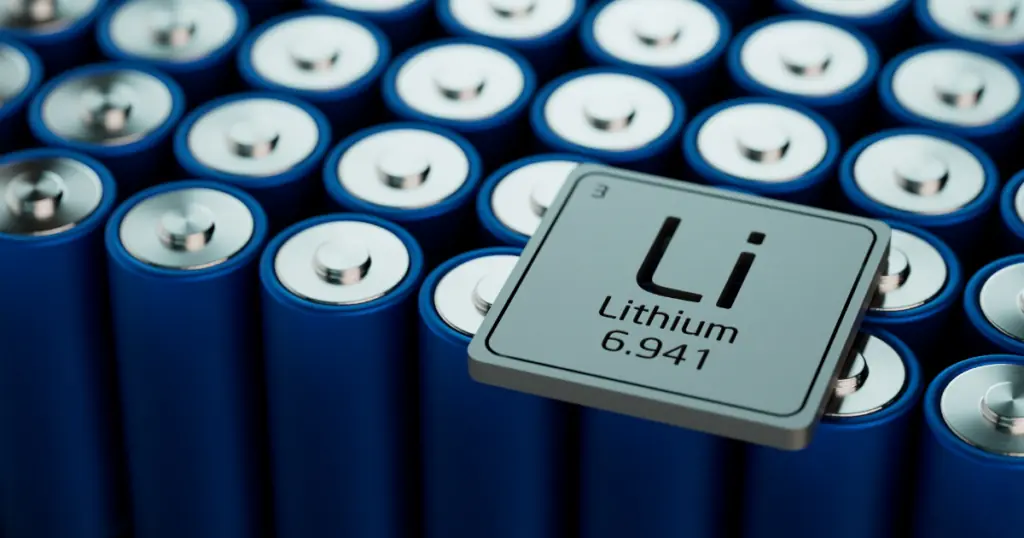Lithium-ion batteries, commonly used for solar energy storage, have raised several ethical and environmental concerns:
Environmental Impact:
Lithium extraction, vital for these batteries, can be highly detrimental to the environment. It has the potential to pollute water sources and divert water away from essential uses like farming.
Human Rights and Conflict Minerals:
The supply chain for materials used in lithium-ion batteries, such as cobalt and lithium, can be associated with human rights violations. Conflict minerals like tin and rare earth elements are also part of renewable energy technologies, including wind turbines and lithium-ion batteries, complicating the ethical landscape of sourcing these materials.
Sustainability Issues:
The high demand for lithium for battery production poses challenges for sustainable supply.
Strategies for Improvement:
To address these issues, governments and businesses are advised to enforce ethical, sustainable sourcing and maintain strong supply chain standards. Some examples could include: Utilizing waste batteries as a secondary source of lithium and aiming for a substitution of 30% of primary lithium with recycled materials could enhance sustainability. Additionally, decentralized waste management is suggested as a low-impact approach for handling high volumes of battery waste.
Joining initiatives such as the Global Battery Alliance and the Initiative for Responsible Mining Assurance can help companies align with more responsible practices.
To further explore improving practices related to the use and recycling of lithium batteries, consider consulting the following resources:
- Battery University: Offers comprehensive information on battery chemistry, best practices for battery use, and insights into the lifespan and maintenance of lithium-ion batteries. It’s an excellent starting point for understanding the technical aspects and how to extend battery life through proper care.
- The Faraday Institution: This UK-based research institute focuses on developing sustainable battery technologies and practices. It offers insights into ethical sourcing, recycling practices, and innovations in battery technology to minimize environmental and social impacts
- Ångström Advanced Battery Centre: Part of Uppsala University in Sweden, this research center is involved in various aspects of battery technology, from lithium-ion to sodium-ion and lithium-sulfur batteries. It’s an excellent resource for cutting-edge research and development in electrochemical energy storage technologies.
























